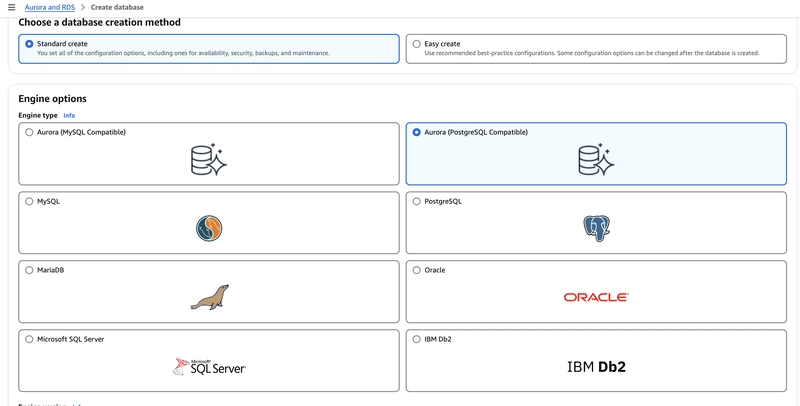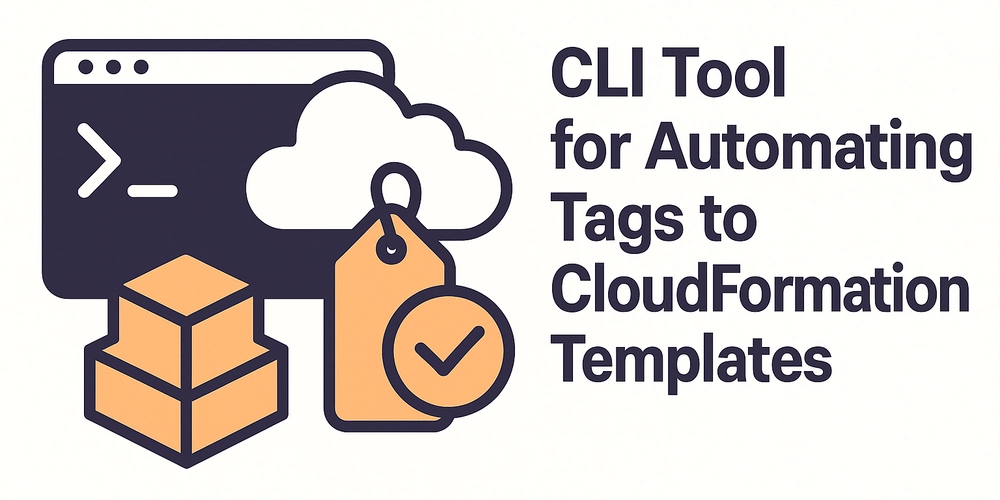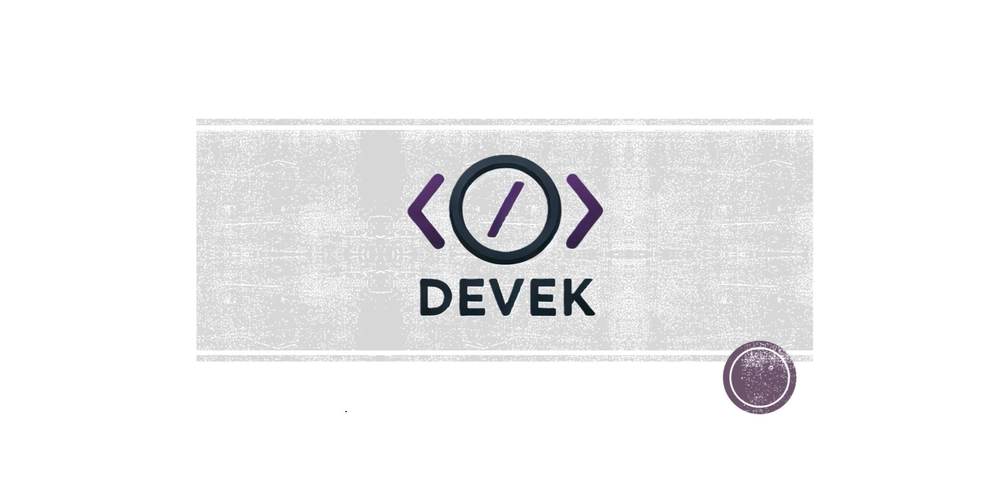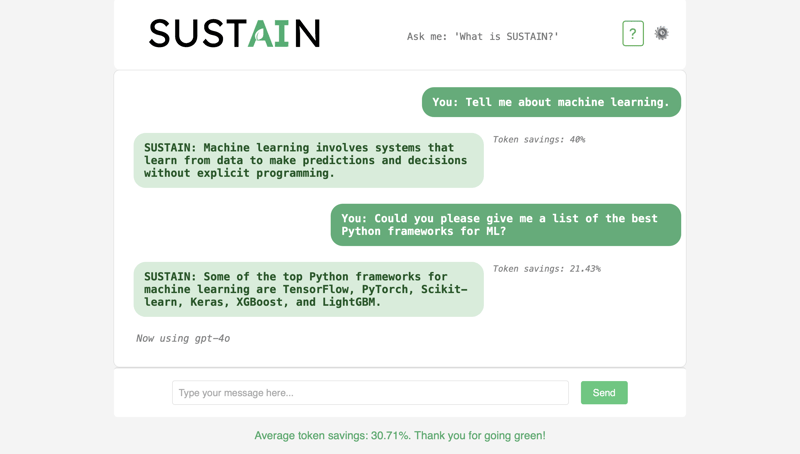What Makes A 1 Year PGDM For Executives Different From A Traditional MBA?
In today’s fast-paced business environment, professionals continually seek educational opportunities that provide a competitive edge with minimal disruption to their careers. One such option is the 1 year PGDM for executives. This program, tailored for working professionals, differs from a traditional MBA in several key areas. Below is an in-depth exploration of these differences, presented in a well-structured, bullet-pointed format. Program Duration and Structure Accelerated Learning: The 1 year PGDM for executives is an intensive program designed to deliver comprehensive management education in a condensed timeframe. Compared to the typical 2-year MBA, the accelerated format allows executives to quickly integrate new skills into their work environments. Focused Curriculum: The program emphasizes essential management concepts, decision-making skills, and leadership practices. Courses are streamlined to cover critical topics without the broader general management electives often seen in traditional MBAs. Target Audience and Learning Environment Tailored for Working Professionals: Designed specifically for mid- to senior-level executives, the curriculum addresses challenges faced by professionals already in leadership roles. The peer group typically consists of experienced professionals, fostering a dynamic environment where real-world insights and networking are integral parts of the learning experience. Practical and Applied Learning: Emphasis is placed on applying theory to practice, with case studies and project work centered on current industry challenges. This hands-on approach contrasts with the often theoretical framework of a traditional MBA, which may include a broader range of academic subjects. Cost and Return on Investment Economic Efficiency: With a shorter duration, the 1 year PGDM for executives tends to be more cost-effective than a traditional MBA. Lower tuition fees and the opportunity to minimize time away from work contribute to a quicker return on investment (ROI). Immediate Impact: The accelerated pace means executives can apply new strategies and leadership techniques almost immediately, enhancing their organizations’ performance. Employers often appreciate the immediate applicability of skills, leading to faster career advancement for graduates. Curriculum and Specialization Industry-Relevant Modules: The curriculum is frequently updated to reflect current trends and technologies, ensuring that executives gain relevant knowledge. Specialized courses may include digital transformation, strategic innovation, and global business strategies, which are highly pertinent in today's rapidly evolving markets. Electives and Customization: Many programs offer a range of electives that allow executives to tailor their learning experience to specific industries or functional areas. This customization is often more focused than the broad range of electives available in traditional MBA programs, which might include non-core subjects. Flexibility and Learning Formats Blended Learning Options: Many 1 year PGDM for executives programs incorporate online and hybrid learning formats, which provide flexibility for busy professionals. This flexibility is crucial for executives who must balance work, study, and personal commitments. Weekend and Modular Classes: Courses are often scheduled on weekends or in modular formats to minimize disruption to the workweek. This contrasts with traditional MBA programs that generally follow a full-time schedule, requiring more significant time commitments. Networking and Peer Interaction Curated Peer Groups: The selective nature of the program means that participants are usually seasoned professionals with substantial industry experience. This creates opportunities for robust networking and peer learning, with discussions often based on practical challenges and successes in the field. Industry Connections: Programs frequently collaborate with leading businesses and industry experts, facilitating direct engagement with current market trends. Guest lectures, workshops, and industry visits enrich the learning experience and help build professional relationships. Conclusion The 1 year PGDM for executives stands out as a powerful alternative to traditional MBA programs, offering a concise, practice-oriented, and economically efficient route for career advancement. Its focused curriculum, flexible learning formats, and targeted networking opportunities make it particularly suitable for seasoned professionals aiming to rapidly enhance their managerial skills while continuing to excel in their careers. By choosing an accelerated PGDM program, executives can gain immediate, applicable insights into modern business practices, positioning themselves and their organizations for future success.

In today’s fast-paced business environment, professionals continually seek educational opportunities that provide a competitive edge with minimal disruption to their careers. One such option is the 1 year PGDM for executives. This program, tailored for working professionals, differs from a traditional MBA in several key areas. Below is an in-depth exploration of these differences, presented in a well-structured, bullet-pointed format.
Program Duration and Structure
Accelerated Learning:
- The 1 year PGDM for executives is an intensive program designed to deliver comprehensive management education in a condensed timeframe.
- Compared to the typical 2-year MBA, the accelerated format allows executives to quickly integrate new skills into their work environments.
Focused Curriculum:
- The program emphasizes essential management concepts, decision-making skills, and leadership practices.
- Courses are streamlined to cover critical topics without the broader general management electives often seen in traditional MBAs.
Target Audience and Learning Environment
Tailored for Working Professionals:
- Designed specifically for mid- to senior-level executives, the curriculum addresses challenges faced by professionals already in leadership roles.
- The peer group typically consists of experienced professionals, fostering a dynamic environment where real-world insights and networking are integral parts of the learning experience.
Practical and Applied Learning:
- Emphasis is placed on applying theory to practice, with case studies and project work centered on current industry challenges.
- This hands-on approach contrasts with the often theoretical framework of a traditional MBA, which may include a broader range of academic subjects.
Cost and Return on Investment
Economic Efficiency:
- With a shorter duration, the 1 year PGDM for executives tends to be more cost-effective than a traditional MBA.
- Lower tuition fees and the opportunity to minimize time away from work contribute to a quicker return on investment (ROI).
Immediate Impact:
- The accelerated pace means executives can apply new strategies and leadership techniques almost immediately, enhancing their organizations’ performance.
- Employers often appreciate the immediate applicability of skills, leading to faster career advancement for graduates.
Curriculum and Specialization
Industry-Relevant Modules:
- The curriculum is frequently updated to reflect current trends and technologies, ensuring that executives gain relevant knowledge.
- Specialized courses may include digital transformation, strategic innovation, and global business strategies, which are highly pertinent in today's rapidly evolving markets.
Electives and Customization:
- Many programs offer a range of electives that allow executives to tailor their learning experience to specific industries or functional areas.
- This customization is often more focused than the broad range of electives available in traditional MBA programs, which might include non-core subjects.
Flexibility and Learning Formats
Blended Learning Options:
- Many 1 year PGDM for executives programs incorporate online and hybrid learning formats, which provide flexibility for busy professionals.
- This flexibility is crucial for executives who must balance work, study, and personal commitments.
Weekend and Modular Classes:
- Courses are often scheduled on weekends or in modular formats to minimize disruption to the workweek.
- This contrasts with traditional MBA programs that generally follow a full-time schedule, requiring more significant time commitments.
Networking and Peer Interaction
Curated Peer Groups:
- The selective nature of the program means that participants are usually seasoned professionals with substantial industry experience.
- This creates opportunities for robust networking and peer learning, with discussions often based on practical challenges and successes in the field.
Industry Connections:
- Programs frequently collaborate with leading businesses and industry experts, facilitating direct engagement with current market trends.
- Guest lectures, workshops, and industry visits enrich the learning experience and help build professional relationships.
Conclusion
The 1 year PGDM for executives stands out as a powerful alternative to traditional MBA programs, offering a concise, practice-oriented, and economically efficient route for career advancement. Its focused curriculum, flexible learning formats, and targeted networking opportunities make it particularly suitable for seasoned professionals aiming to rapidly enhance their managerial skills while continuing to excel in their careers.
By choosing an accelerated PGDM program, executives can gain immediate, applicable insights into modern business practices, positioning themselves and their organizations for future success.









































































































































































![[The AI Show Episode 142]: ChatGPT’s New Image Generator, Studio Ghibli Craze and Backlash, Gemini 2.5, OpenAI Academy, 4o Updates, Vibe Marketing & xAI Acquires X](https://www.marketingaiinstitute.com/hubfs/ep%20142%20cover.png)



























































































































![[FREE EBOOKS] The Kubernetes Bible, The Ultimate Linux Shell Scripting Guide & Four More Best Selling Titles](https://www.javacodegeeks.com/wp-content/uploads/2012/12/jcg-logo.jpg)



![From drop-out to software architect with Jason Lengstorf [Podcast #167]](https://cdn.hashnode.com/res/hashnode/image/upload/v1743796461357/f3d19cd7-e6f5-4d7c-8bfc-eb974bc8da68.png?#)






































































































.png?#)




.jpg?#)
































_Christophe_Coat_Alamy.jpg?#)








































































































![Rapidus in Talks With Apple as It Accelerates Toward 2nm Chip Production [Report]](https://www.iclarified.com/images/news/96937/96937/96937-640.jpg)








































































































































